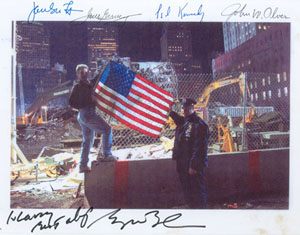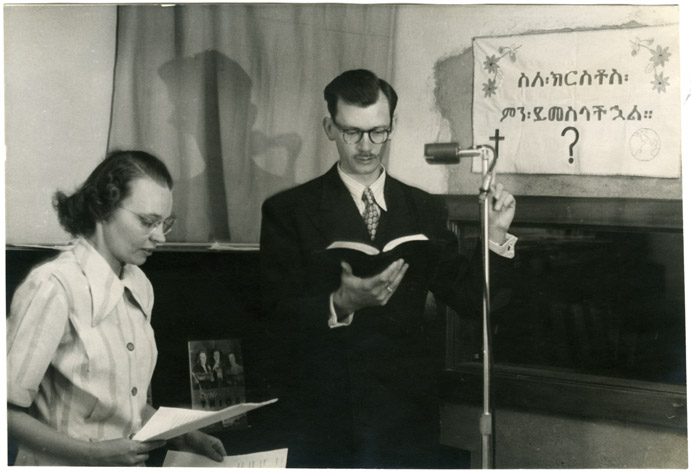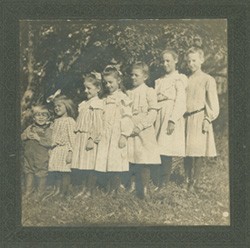Larry Kelley Papers

Owner of the Amherst Athletic Club and columnist for the Amherst Bulletin from 1991 to 2004, Larry Kelley is deeply involved with Amherst area relations and government. He ran for both Select Board and Finance Committee, and was instrumental in raising awareness about and banning the illegal sale of martial arts weapons in Massachusetts.
Included in the Kelley papers are over 100 newspaper clippings, either his editorials, letters to the editor, or guest columns, about issues ranging from the use of town safety services by Amherst College, his objection to the Civil Rights Review Commission’s right to subpoena, his fight to fly commemorative flags in downtown Amherst both on the anniversary of September 11th and on the day Osama bin Laden is captured, to his objection over the Amherst-Pelham Regional High School’s production of Eve Ensler’s The Vagina Monologues.



